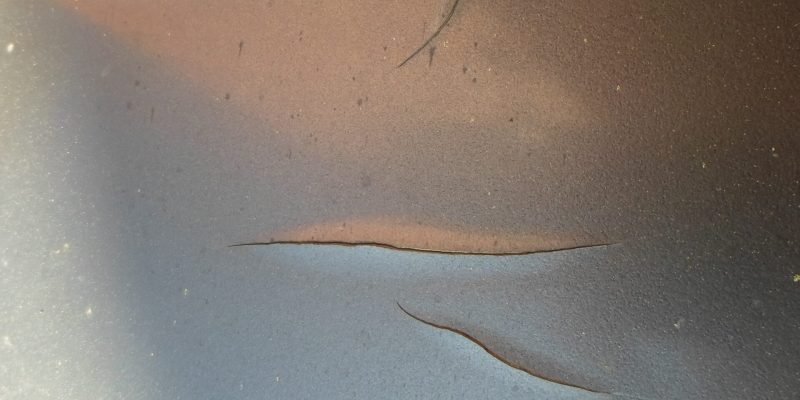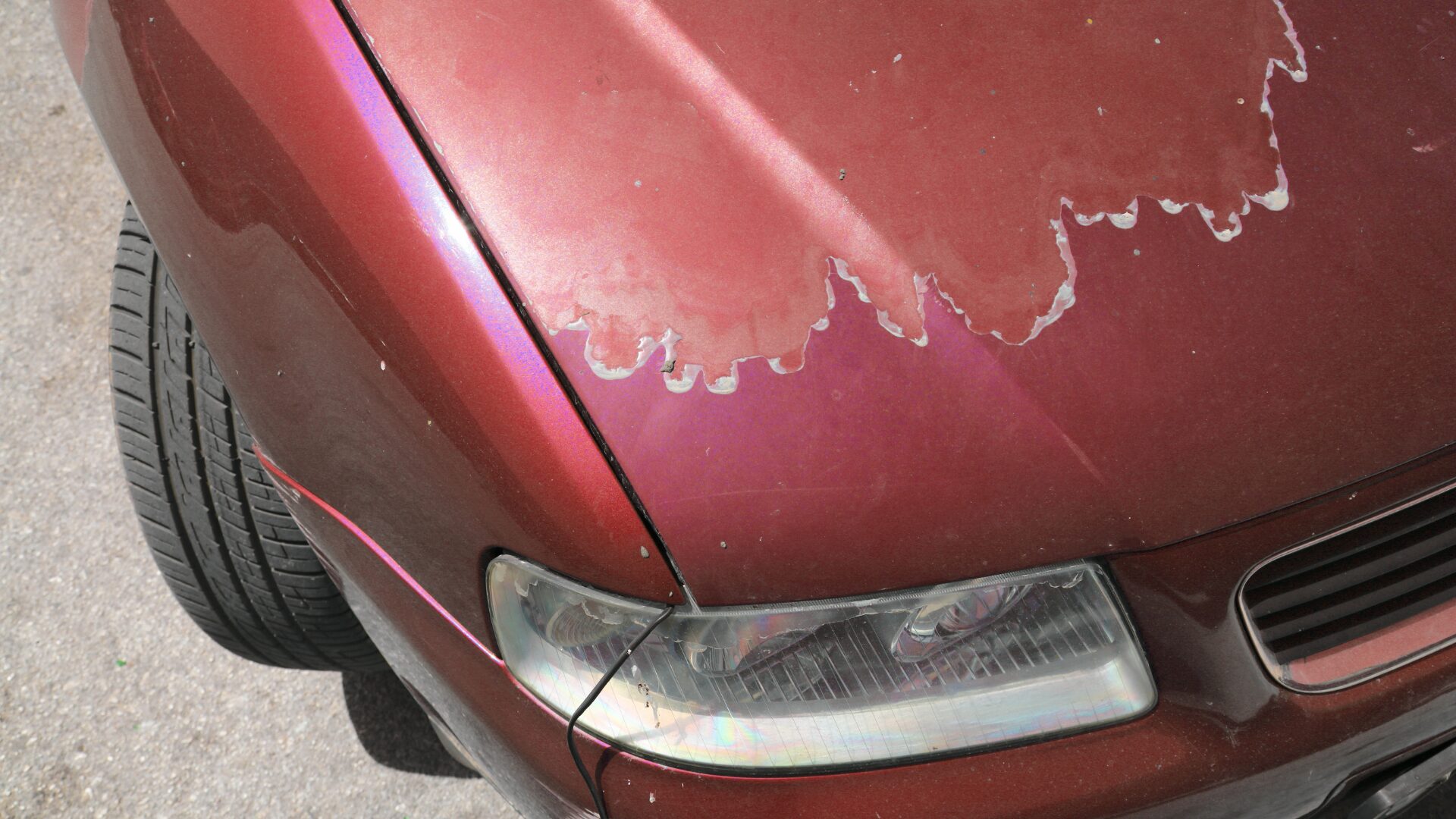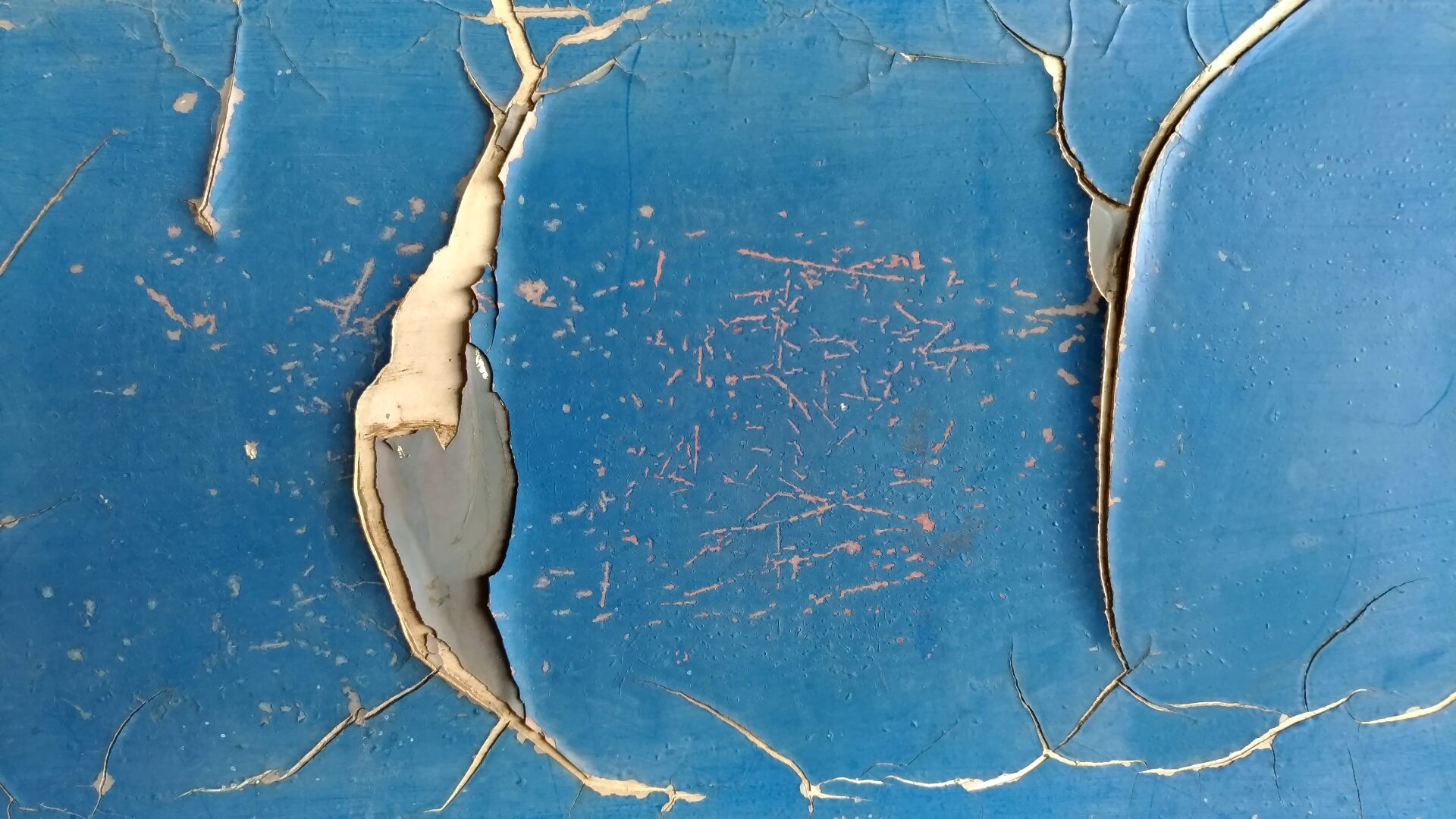
Your car’s paint is the first line of defense against environmental factors, and also helps it look good and protects the underlying metal from corrosion and rust. However, you may question whether hot water can damage your car’s paint when you are going to wash it or cope with harsh weather conditions. It will examine the effects of hot water on car paint as well as provide useful tips on how to avoid such problems in order to keep your car in a perfect condition.

Hot water, if not used correctly, might have several negative impacts on the painting of your automobile:
Thermal Expansion and Contraction: The paint can expand and contract due to temperature extremes leading to cracking, chipping or peeling over time especially when the painting is already compromised or was applied poorly.
Softening of Clear Coat: This clear coat protects your car’s paint job. Consequently, it softens when exposed to hot water making the latter more prone to scratches thus decreasing the glossy finish over time.
Chemical Reactions: If the water is too hot it is capable of speeding up chemical reactions between bird droppings, tree sap or road salt which contaminate the paint. This could result in permanent staining or etching on the painted surfaces.
Read More : The Best Car Leather Cleaners: Top-Rated Products
Here are some situations where using hot water seems reasonable for cleaning a vehicle.
Car Wash: Since washing a vehicle with warm water might sound like an excellent idea during winter months, this practice weakens clear coating by stripping wax or sealants off leaving no protection for its painting part.
Dealing with Ice: When there is freezing weather conditions around you would want to remove ice by pouring hot water on your machine whereas this can lead to thermal shock caused by cracking or peeling paints besides even damaging glass.
Removing Stubborn Contaminants: Even though hot water may seem like a fast solution for tough stains removal; however, it might do more harm than good especially on fragile paint finishes.

To avoid damaging your car’s paint, follow these guidelines:
Use Lukewarm Water: In case you have to use warm water, make sure that it is lukewarm rather than hot. This will help loosen dirt and grime without damaging the paint.
Opt for Proper Car Cleaning Products: Instead of relying on hot water, use car-specific cleaning products designed to safely remove dirt and contaminants without harming the paint.
Avoid Drastic Temperature Changes: Do not expose your car to quick temperature changes like pouring hot water onto a cold vehicle. Warming up gradually is safer and helps prevent damage.
Regular Maintenance: Regular waxing and sealant usage can keep your car’s paint safe from water damages among other environmental factors. This adds an extra layer of protection against potential damage from water and other environmental factors.
Check It out : How to Detail a Dirty Car Interior: Step-by-Step Guide
Although using hot water may look like an easy fix when cleaning or de-icing cars, it can cause huge harm to a vehicle’s painting. By knowing the risks involved as well as taking necessary precautions one can ensure that the finish of their automobile remains fresh avoiding costly repairs. Follow lukewarm water rule, get correct cleaning agents for autos, and maintain its painting regularly so that it lasts many years down the lane without getting affected by water or other external hazards.
Astonishing Detail delivers premium vehicle care in Henrico & Richmond, VA, bringing expert shine, interior restoration, and long-lasting protection to every ride.
Phone: 804-288-1515
Email: info@astonishingdetail.com
Copyright Reserved By Astonishing Detail. And Powered By The Startupleads.